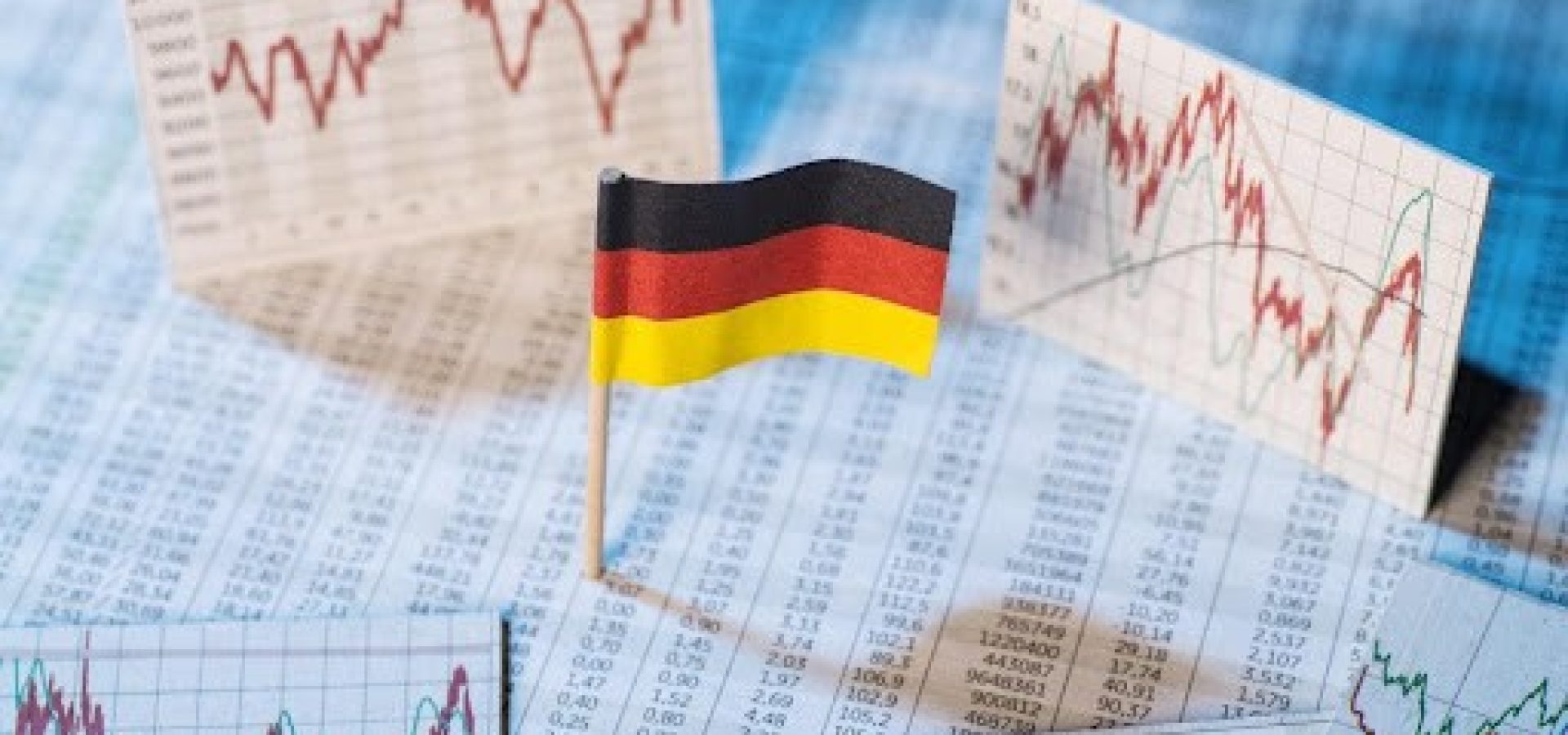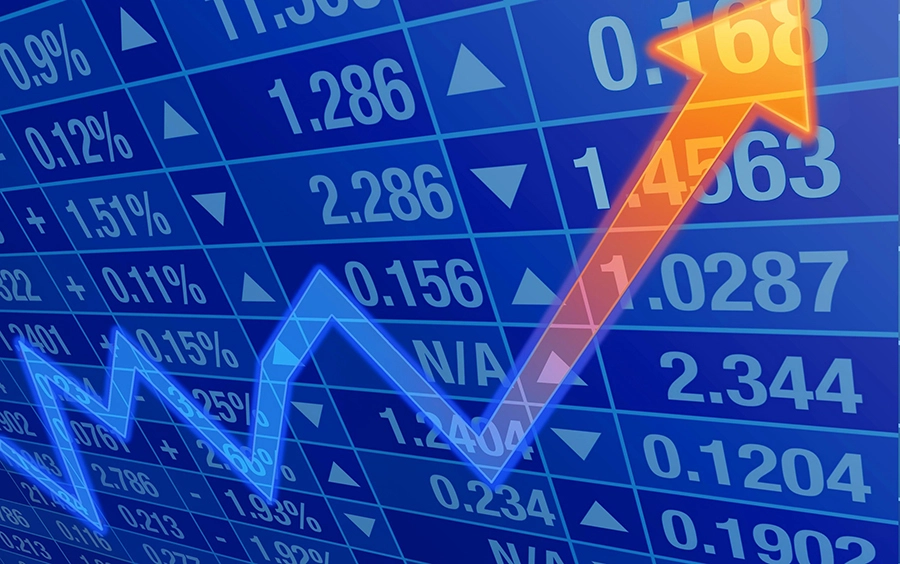The German economy increased by more than expected in the second quarter of the year. The latest data showed that Europe’s largest economy gained 1.6% between April and June compared with the previous quarter. The better than anticipated results came as the easing of coronavirus curbs encouraged consumers to dip into record savings piled up during the winter lockdown.
According to the Federal Statistic Office, Gross domestic product (GDP) rose an adjusted 1.6% on the quarter. It is up from its previous estimate of 1.5% and following a revised first-quarter reduction of 2%.
However, the Federal Statistic Office reported that the gain followed a decline of 2% in the first quarter. In preliminary figures at the end of July, it had published second-quarter growth of 1.5% following a first-quarter decline of 2.1%.
On a yearly basis, Germany’s economy increased by a calendar-adjusted 9.4% in the second quarter. It left economic activity 3.3% below the pre-crisis levels of the Q2 of 2019.
In the second quarter, private consumption increased by 3.2%, contributing 1.6% to overall growth and pushing the savings rate down to 16.3%. In Q1, when shops, bars, and restaurants were closed under the country’s lockdown, that rate reached an all-time high of 22%.
Moreover, public consumption increased 1.8%, contributing 0.4% to the overall growth rate.
COVID-19 cases surge again and then decrease to a very low level in Q2
The second quarter witnessed COVID-19 cases surge again and then decrease to a very low level. It urged authorities to relax many restrictions while the country’s vaccination campaign fastened.
As we know, the German economy was hit by supply chain problems. Remarkably, disruption caused by a vessel blocking the Suez Canal and delays in the production and delivery of microchips affected the economy. Despite the second-quarter growth, GDP was still 3.3% smaller than in Q4 of 2019, the last before the pandemic hit Europe.
According to the statistics office, state spending to cushion the impact of the COVID-19 crisis blew a 80.9 billion euro ($95 billion) hole in the public finances in Q1.
Remarkably, this equated to a public sector deficit of 4.7% of GDP, the largest in 26 years.
Analysts say that the stimulus should help boost the economy back to pre-COVID levels before the end of 2021.
The Bundesbank, Germany’s central bank, announced on Monday that it anticipates the economy to increase significantly more strongly over the summer amid loosened pandemic restrictions.









COMMENTS